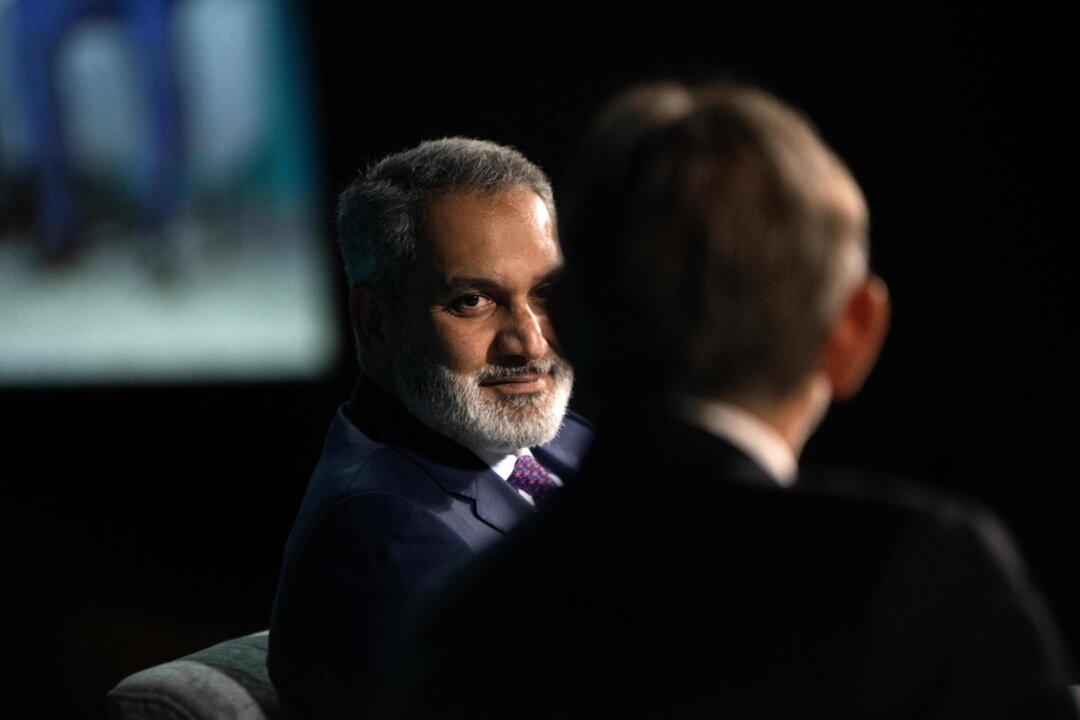The head of OPEC warned that underinvestment in oil is a “dangerous” threat to energy security and dismissed the idea that renewables alone will be able to meet the future energy demand.
“The underinvestment in the oil industry is dangerous,” OPEC secretary-general Haitham Al Ghais said in an interview with CNN on Monday. “And I believe it is critical that the world gets this right, that by underinvesting, we are actually endangering energy security. The world will require at least $12 trillion of investments globally for the oil industry from now to the year 2045. There are serious possibilities that prices, the volatility will be increasing as demand grows.”





